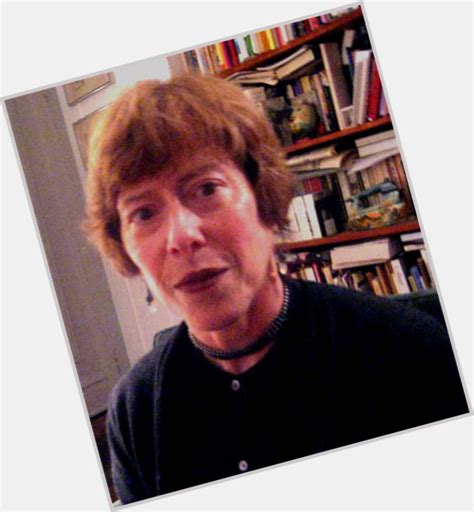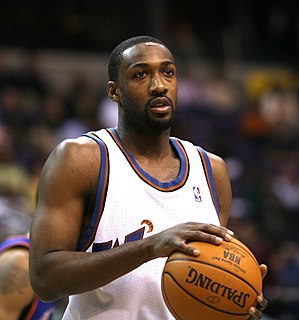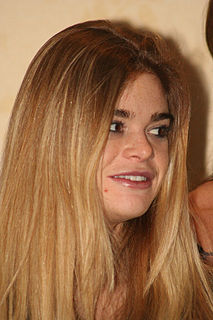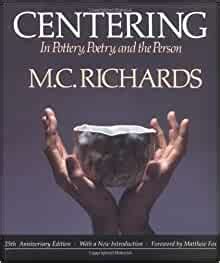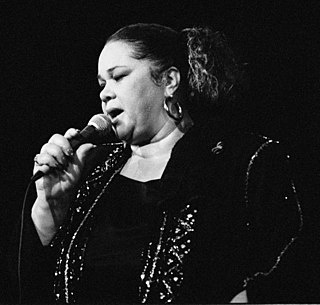A Quote by Sarah Stillman
What narrative journalism does is create a language or open up a space where someone can say, "Oh, this happened to me, too."
Related Quotes
Charles Bernstein's pairs of jingles of 'public discourse' are 'simultaneous double narrative / the space between's the other narrative/as if they're opposite.' In the space between, outside representation but in the 'presence' of it, we are provoked to laugh. Bernstein alters our language to open a double range that's public and mind at once and inseparable, that is 'Poetry is patterned thought in search of unpatterned mind.' Girly Man is doing it.
The Hopi, an Indian tribe, have a language as sophisticated as ours, but no tenses for past, present and future. The division does not exist. What does this say about time? Matter, that thing the most solid and the well-known, which you are holding in your hands and which makes up your body, is now known to be mostly empty space. Empty space and points of light. What does this say about the reality of the world?
You know what Hans told me last week?" she says as I open the door of my fitting room. "He told me to write down a list of everything I wanted to say about that women-and then tear it up. He said I'd feel a sense of freedom." "Oh right," I say interestedly. "So what happened?" "I wrote it all down," says Laurel. "And then I mailed it to her!
For queer people, the personal is very political, just to talk about it in a public space. It's very political just to come out and take up that space and be like, 'This is my narrative. It's not an outsider narrative, and it's not a fetish narrative; it's just my story, and it's worth being told and listened to.'
Agreed," I say. "It's going to be a long hour." "Maybe not that long," says Peeta." what was that you were saying just before the food arrived? Something about me ... no competition ... best thing that ever happened to you ... " " I don't remember that last part," I say, hoping it's too dim in here for the cameras to pick up my blush. " Oh, that's right. That's what I was thinking," he says " Scoot over, I'm freezing.
I think it could be argued that I am not heard, in the broadest sense. That is not my concern. My concern, a question really, is, do I have the courage to speak? If I speak I believe someone will respond. It then becomes my responsibility to listen to that person. And in listening, together we create a space where people can be heard. It's the conversation that I care most deeply about; this is the space I want to honor, respect, and protect. This is my faith in the open space of democracy.
The moment we shake our addiction to narrative and give up our strong-headed intent that language must say something "meaningful," we open ourselves up to different types of linguistic experience, which could include sorting and structuring words in unconventional ways: by constraint, by sound, by the way words look, and so forth, rather than always feeling the need to coerce them toward meaning.
And with listening, too, it seems to me, it is not the ear that hears, it is not the physical organ that performs the act of inner receptivity. It is the total person who hears. Sometimes the skin seems to be the best listener, as it prickles and thrills, say to a sound or a silence; or the fantasy, the imagination: how it bursts into inner pictures as it listens and then responds by pressing its language, its forms, into the listening clay. To be open to what we hear, to be open in what we say. .


